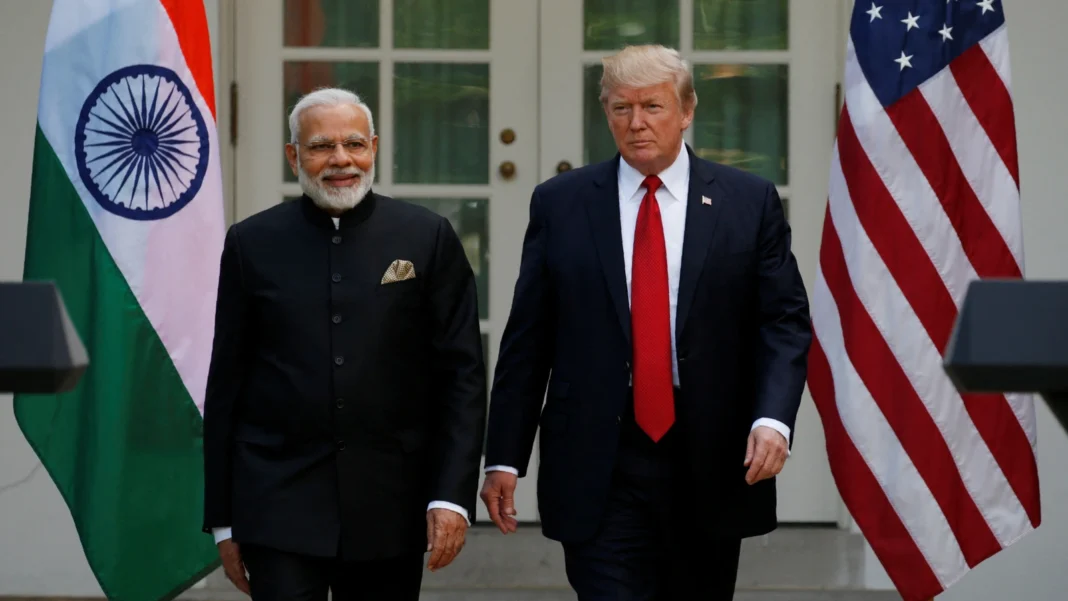Nepal has taken a sweeping step by banning 26 social media platforms, including giants like Facebook, Instagram, X (formerly Twitter), YouTube, Reddit, LinkedIn, and WhatsApp. The shutdown went live from midnight on September 4, 2025, after these platforms failed to register with Nepal’s Ministry of Communications and Information Technology or appoint local grievance handlers within a seven-day deadline ending August 28
The action is rooted in a Supreme Court directive, demanding all social platforms operating in Nepal register to ensure transparency, accountability, and control over undesirable content. Platforms were required to appoint local contact points and establish mechanisms to handle grievances and self-regulate. While compliant platforms like TikTok, Viber, WeTalk, Nimbuzz, and Popo Live remain operational, the rest were deactivated by Nepal Telecommunications Authority (NTA).
Minister Prithvi Subba Gurung defended the move, stating repeated warnings were issued and compliance was non-negotiable to prevent cybercrime, misinformation, and threats to social stability. Platforms that complete registration in the future will be restored the same day.
Why It Matters
- Freedom of Expression at Risk
Human rights groups, including Nepal’s National Human Rights Commission, caution that the blanket ban oversteps constitutional guarantees—particularly the right to free expression and information.
Access to these platforms—integral for education, communication, and job opportunities—is severed overnight, affecting millions across age groups, especially students and professionals. - Legal and Regulatory Precedent
This move follows an escalating narrative around digital regulation in Nepal. A related Social Media Bill is under parliamentary review, proposing fines and imprisonment for unregistered operations—potentially transforming the digital landscape. - Reaffirmation of Digital Sovereignty
Nepal joins a growing list of countries prioritizing local oversight of global platforms. This crackdown underscores efforts to assert regulatory authority in the rapidly evolving online environment



